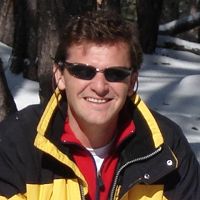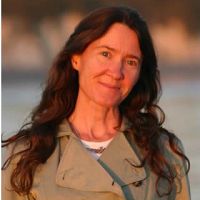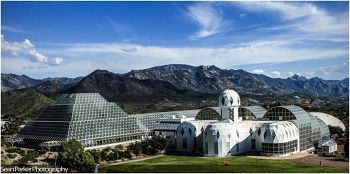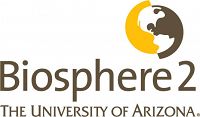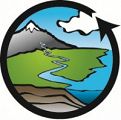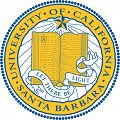Watershed Science Master Class
A short course for graduate students and post-doctoral fellows Sponsored by CUAHSI and the University of Arizona
Biosphere 2 near Tucson, Arizona
-
Catalina-Jemez, INVESTIGATOR
-
Sierra, INVESTIGATOR
Jeff McDonnell - University of Saskatchewan
Rick Hooper - CUAHSI
This week-long short course presents a unique opportunity for students and post-docs to explore watershed hydrology and biogeochemistry both conceptually and empirically with hands-on use of the newly commissioned Landscape Evolution Observatory (LEO) facility. Differing perspectives on watershed science theory, experimental design, and modeling will be provided by four leading scientists in the field.
We will start by reviewing how hydrologists have conceptualized runoff generation processes. How have these concepts changed over time and, in particular, how did the inclusion of tracers impact our thinking about streamflow generation? We will then examine catchment processes in more detail and explore the use of energy balance and dimensionless analysis for understanding water fluxes across a range of different environments and scales. We confront these conceptual ideas with measurements at the Landscape Evolution Observatory (LEO), a unique large-scale experimental facility at Biosphere 2. Students will have the opportunity to run an experiment with LEO and to analyze data from this facility. The next topic is the use of multiple tracers in design of watershed studies and for developing a more comprehensive understanding of multiple and interacting watershed processes. Finally, integrated catchment modeling will be presented as a means to synthesize data and to test quantitative hypotheses of catchment processes.
Read more in the Watershed Science Course Description.
Biosphere 2
Discipline Tags, CZOs, and Links
Hydrology
Biogeochemistry
Modeling / Computational Science
National
Catalina-Jemez
Sierra
Explore Further
